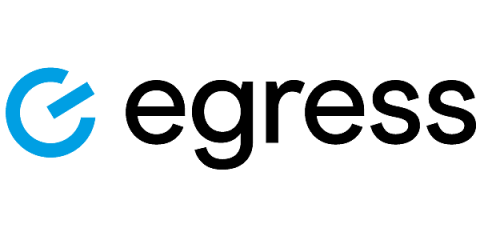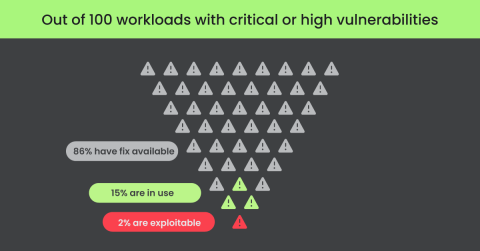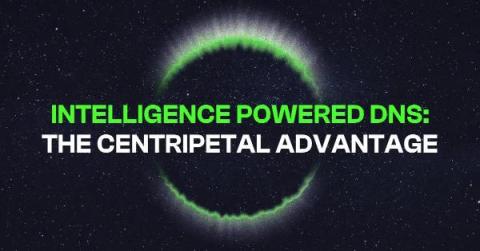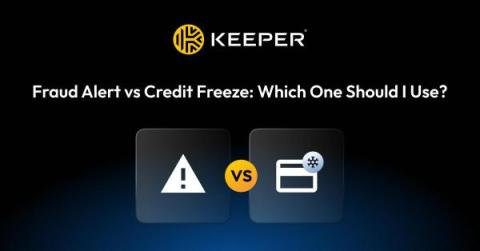The evolution of QR code phishing: Unmasking new 'quishing' tactics
Research has revealed that since 2021 there has been a material increase in QR code phishing (or ‘quishing’), as cybercriminals continue to exploit available technology and their widespread familiarity. The once rare payload is nearly fourteen times more common in 2024 than it was three years ago, accounting for only 0.8% of attacks in 2021. This figure jumped to 1.4% in 2022, a staggering 12.4% in 2023, and has plateaued at 10.8% from January to March 2024.











